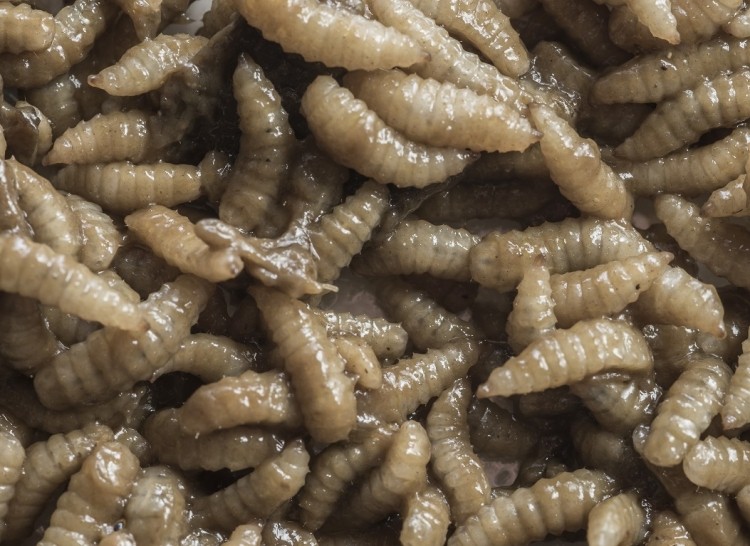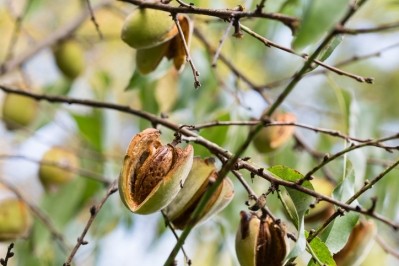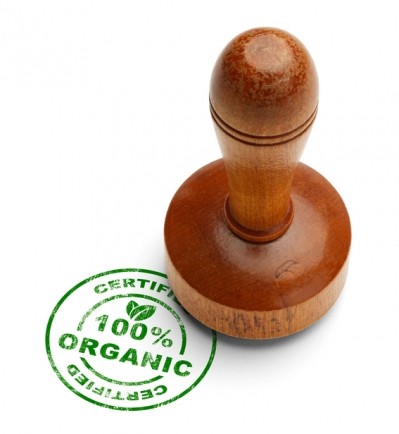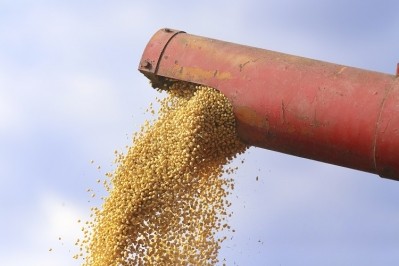North America: Insect-focused coalition looks to expand feed use for bugs

The North American Coalition for Insect Agriculture’s (NACIA) mission seeks to improve collaboration for stakeholders and provide a distinct voice to those looking to grow the use of insects in feed and food.
Producers of insects for use in feed and food products may need help educating clients, consumers and potential producers about the industry, and that is what the new group is trying to address, said Robert Allen, chairman of the NACIA board of directors.
The group is in the process of incorporating and becoming an established educational non-profit.
“Part of that reasoning is to be able to apply for grant funding – as opposed to the goals of a trade association,” he told FeedNavigator. “Educating the public, consumers and businesses; identifying the research that is needed and helping aggregate research and potentially prioritizing and funding future research those activities [are] a lot more pertinent.”
There had been thoughts of becoming a trade association but educational outreach was found to be more of interest than lobbying efforts at this point, he said. “With insects as food and feed, regulations are fairly clear,” he added.
Insect use in animal feeds is expected to continue to grow and there has already been regulatory change in that direction in several areas including the US, Canada and the EU, he said.
“There is continued increase in consistency between regulatory bodies and stakeholders around the world,” he added.
The group was initially called the North American Edible Insect Coalition, but members recently voted to change the name to the North American Coalition for Insect Agriculture (NACIA), said Allen.
“We purposely changed the name to insect agriculture, because we want to be comprehensive and it can go beyond food and feed,” he said.
Other potential uses for insect-based products and ingredients include biofuels, biopolymers and use of insect shell chitin, he added.
Association development and priorities
Efforts to establish the organization started to take shape in 2016 coming out of the Eating Insects Detroit conference, said Allen.
Developments include gathering initial membership from a wide range of stakeholders, including industry members, startups working in insect production, researchers, educators and science communicators.
“Over the years, we had a lot of conversations with insect farmers and livestock farmers interested in using insects as a feed ingredient, but who weren’t able to access it,” he said. “The growing industry needs an association.”
Group members also have worked with similar associations overseas including AFFIA in Asia and others in Africa and the EU, he said.
In speaking with members of the different groups involved, the question was what people wanted to see out of an insect production trade association.
“We’d expected that it would be lobbying activities as there wasn’t a lot of regulatory clarity [at that time],” he said. “But at that meeting, what we saw from the people within the industry is they wanted to see more public education, wanted to see more research that would validate their products and help them create those more efficiently. To increase demand was far more beneficial.”
After the meeting in 2016, the process of incorporating the association has taken some little time, said Allen.
In 2017, the group had open nominations where anyone who considered themselves a member of the industry could nominate a candidate to be on the association’s board of directors.
That group of 12 directors has since been working to understand the different portions of, and issues important to the industry, he said. Projects to address those needs and issues are in the early stages of development.
“We see a lot of larger efforts that we’ll undertake in a concentrated education campaign whether it’s for consumers and the benefit of getting eggs fed on insects, or for chicken farmers on the benefit of using insects feeds with their hens,” he said.
The coalition also hopes to learn from and avoid developmental problems that other agricultural industries have faced, he said.
“If we’re intentional in not just doing what a few companies want to do but a in broader sense of our membership – businesses, citizens, educators, scientists – if we’re intentional about how we build the industry, we can sidestep some of those pitfalls and show that we can have a robust, economically advantageous agricultural sector using fewer resources,” he added.
NACIA is focused on supporting production and research into the use of multiple insect species, including black solider flies, crickets, mealworms, silk worms and others, Allen said. “We want to be looking at all the options and that all the options are thoroughly backed up by science,” he added.
“If something is potentially hazardous the research and testing needs to be done before it makes it to market,” he said. “There are other industries that have put things to market without doing the research and we don’t want to repeat that.”
The feed sector presents an exciting area for insect use because there is not the same psychological hurdle to address regarding the use of insects, he said. It makes sense to people to feed insects to some production species, like poultry and fish.
“When we talk to people it’s common sense, if you feed something its natural diet it may be a healthier, happier animal,” said Allen. “[However,] there’s a long road to scaling the production of insects to be cost competitive – until we can get to that scale, we’re not going to be able to make the impact that we know we can.”
Additionally, raising insects for feed may present a way to limit organic waste, like food scraps and brewers grains, while helping to generate animal protein, he said. “When we feed a flock of 50,000 birds that’s a lot we can keep out of a landfill to feed those birds – and with more states and cities adopting [organic waste limiting provisions] this provides a way to hit those goals,” he added.
Future plans and development
NACIA currently has about 250 starting members, but is working on growing its dues-paying membership, Allen said.
Its areas of focus for feed going forward include collecting research for future feed ingredient approvals and outreach to aquaculture and poultry producers to expand the market, the association said.
Work also is set to continue on becoming incorporated as a non-profit, which is hoped to be complete by the end of the summer, said Allen
The association is set to attend the Second International Conference 'Insects to Feed the World' in China in May and will be co-hosting the Eating Insects Athens 2018 conference in Athens, Georgia in August.
“It’s an exciting time, and it will be exciting when we start to see the benefits for the farmers,” said Allen.















